Noticia
Production of bioplastic using fruit peels
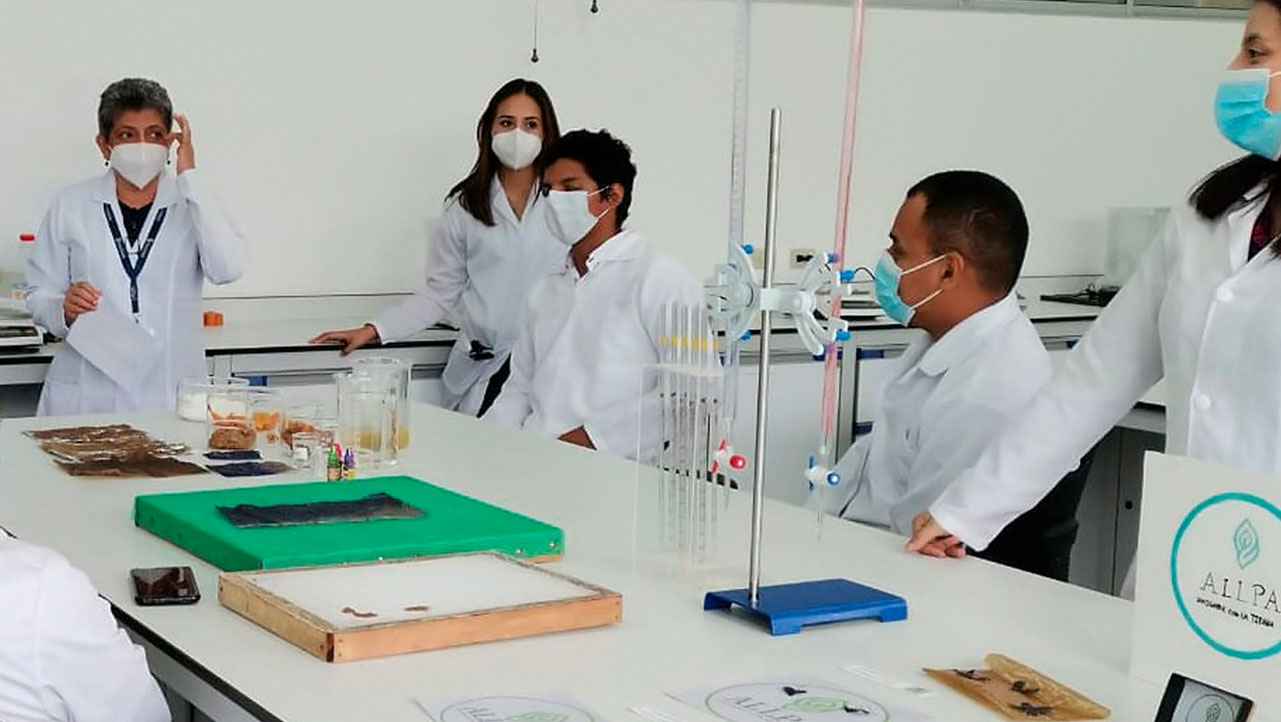
Environmental engineering students in our branch campus in Guayaquil are currently working on a project aimed at reducing environmental pollution in the city. 54 students taking the subjects of ecology, natural resources and organic chemistry have started working on several projects in order to reduce pollution and use organic waste.
The work began in May 2020 while the country entered a period of confinement. Despite the restrictions, students and teachers looked for new opportunities to positively adapt research work from home. 11 students created the "Allpa" brand, an initiative that transforms organic waste into bioplastic. This biodegradable product is used to make accessories and jewelry. Allpa has focused on the production of products that are easy to market, with economic accessibility, and environmentally friendly.
The raw material is fruit peels from papaya, pineapple, or naranjilla. These organic residues are mixed with cornstarch, glycerin, dyes, and other elements that form a homogeneous mixture which after being spread in sheets and after a drying process, it becomes bioplastic. According to data published by the National Institute of Statistics and Census (INEC for its acronym in Spanish), in the Census of Economic Environmental Information in Decentralized Autonomous Governments carried out in 2019, an inhabitant of the urban area produces an average of 0.84 Kg of solid waste per day, of which 56.6% is organic material.
Ailyn Abarca, a second year student, who leads the project, said: "The university suggested using organic waste, and we thought that the fruit peel would be ideal, since we regularly throw it away. Our goal is to make bioplastic the first option for families. Therefore, we need a culture based on caring for the environment, and it is important to start with young people's lifestyle so that over time they will be committed to caring for the environment. "
The United Nations Environment Program has stated that waste management is an urgent and essential public service in the time of the COVID-19 pandemic, since it will allow the reduction possible secondary impacts on health and the environment. Students provide a contribution according to this context. Among the main advantages of using bioplastic made by UPS students is the reduction of greenhouse gas emissions and the volume of solid waste, it is non-toxic, minimizes the consumption of fossil resources, and it degrades easily, which means the material benefits the planet.
Although the main objective is to reduce the impact of pollution, for Carmen Palacios, director of the Environmental Engineering program at UPS - Guayaquil, it is also a great economic opportunity. "With this project we want to take care of our environment, but we also ensure that students can contribute to the economy of their families through sustainable entrepreneurship," she said. For future environmental engineers this project has been a great experience. They assure that their initiative has been of local interest, which gives them the expectation that soon there will be greater interest in biodegradable products, and therefore greater focus on waste processing.
Contenidos Relacionados
Contenidos Relacionados
Noticias Relacionadas
Noticias Relacionadas

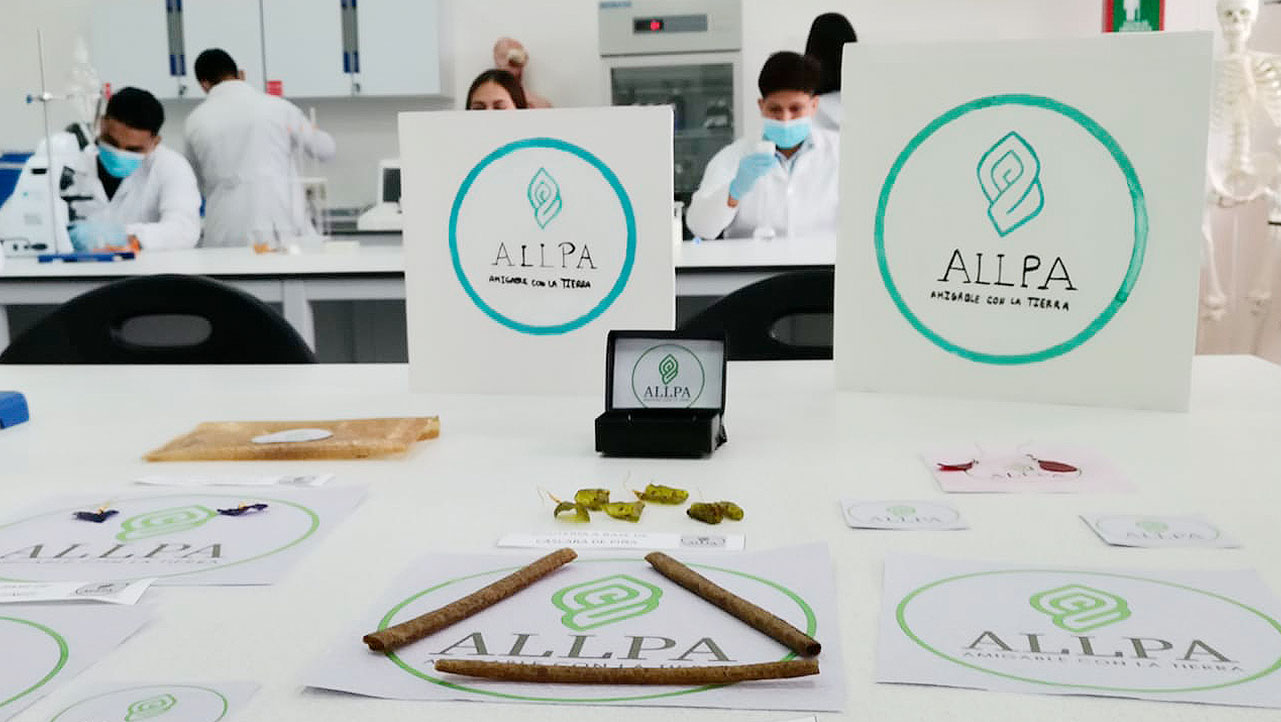
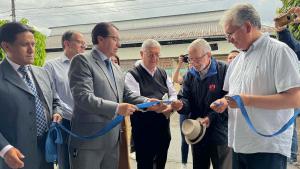
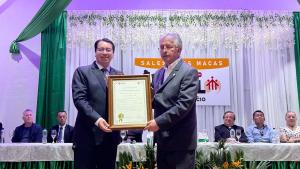
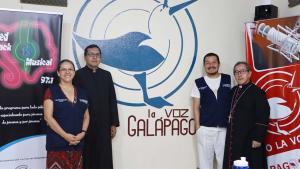
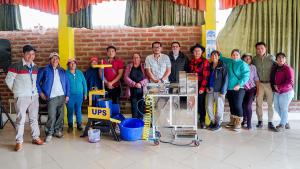
Follow us
Follow us